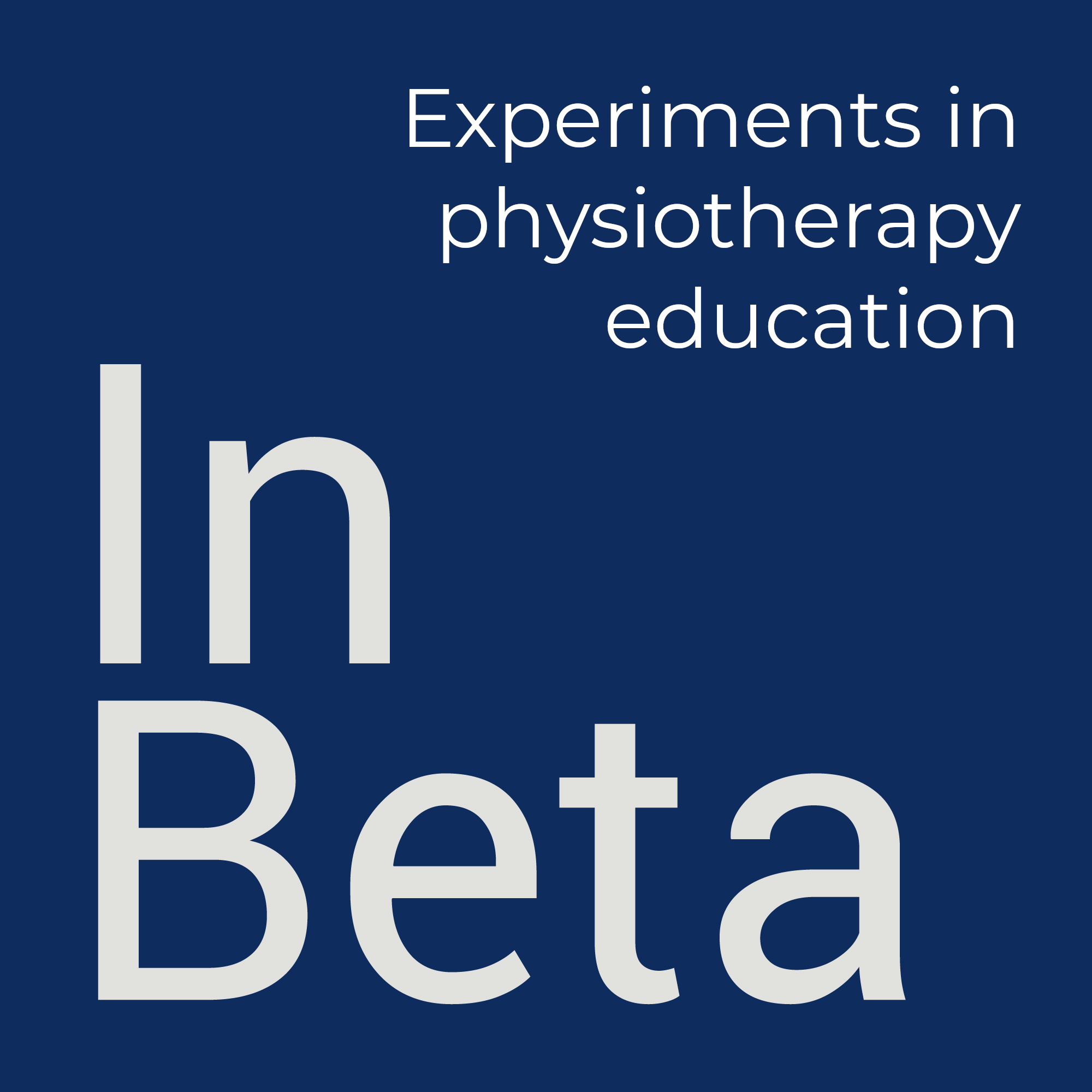The saddest and most ironic practice in schools is how hard we try to measure how students are doing and how rarely we ever ask them.
Amy Fast
Podcast
David Manheim on “Goodhart’s Law and why metrics fail. Rationally Speaking podcast.
What they’re usually doing is following the rules that they’ve been given, to achieve targets that have been set, because somebody lost track of the fact that what it is we’re actually trying to do is graduate students who know how to do this.
I’ve been thinking about metrics a lot lately, particularly how they – often unintentionally – drive behaviour. We’re in this paradigm where we’ve convinced ourselves that we can reduce teaching and learning to a set of numbers and that those numbers represent performance against a set of competencies (or worse, values) that we care about.
Goodhart’s Law says that when a measure becomes a target, it ceases to be a good measure and it’s in that statement that we start to see a whole lot that’s wrong with how we think about physiotherapy education. There are so many assumptions built into the paradigm that marks = learning and once we start to examine the assumptions, we start to get a sense of just how fragile this house of cards really is.
Article
Bynum, W. E., Artino, A. R., Uijtdehaage, S., Webb, A. M. B., & Varpio, L. (2019). Sentinel Emotional Events: The Nature, Triggers, and Effects of Shame Experiences in Medical Residents. Academic Medicine, 94(1), 85–93.
Participants’ shame experiences ranged from debilitating emotional and physical reactions to more insidious, fleeting reactions….The effects of shame reactions included social isolation, disengagement from learning, impaired wellness, unprofessional behavior, and impaired empathy.
We often ask our students to reflect on their performance or knowledge and ask them to evaluate themselves against an ideal. But this can backfire when students find it hard to dissociate what they know or do, from who they are. We don’t help when we give feedback that reinforces the idea that they’re “not competent” or “below expectations”. We’re sending the message that their value as a person is tied to their clinical performance, and this is what triggers the feeling of shame. And these shame responses can sometimes manifest in unprofessional behaviours that can escalate the issue. Educators have a responsibility to recognise when students are responding from a place of shame and help them to work through this often debilitating emotion.
Resource
Hybrid Pedagogy: An open access journal of learning, teaching and technology.
Hybrid Pedagogy is a community, a conversation, a collaboration, a school, and a journal. It is a place to discuss Critical Digital Pedagogy by advocating for students and fostering awareness of academic hierarchies. We (the staff and the authors) work together to enact an understanding of co-teaching within a community of mutual respect.
This is one of my favourite journals and a big part of what influenced me to try and do something similar with the OpenPhysio journal. What I get from Hybrid Pedagogy is a sense that the journal is less a way to share PDFs (what most journals are, at their roots) and more a community of critical practice.
Here are just a few publications that you might enjoy:
- Denial, C. (2019). A pedagogy of kindness.
- Durst, P. (2019). Pursuing happiness through education.
- Hasinoff, (2018). Do you trust your students?
